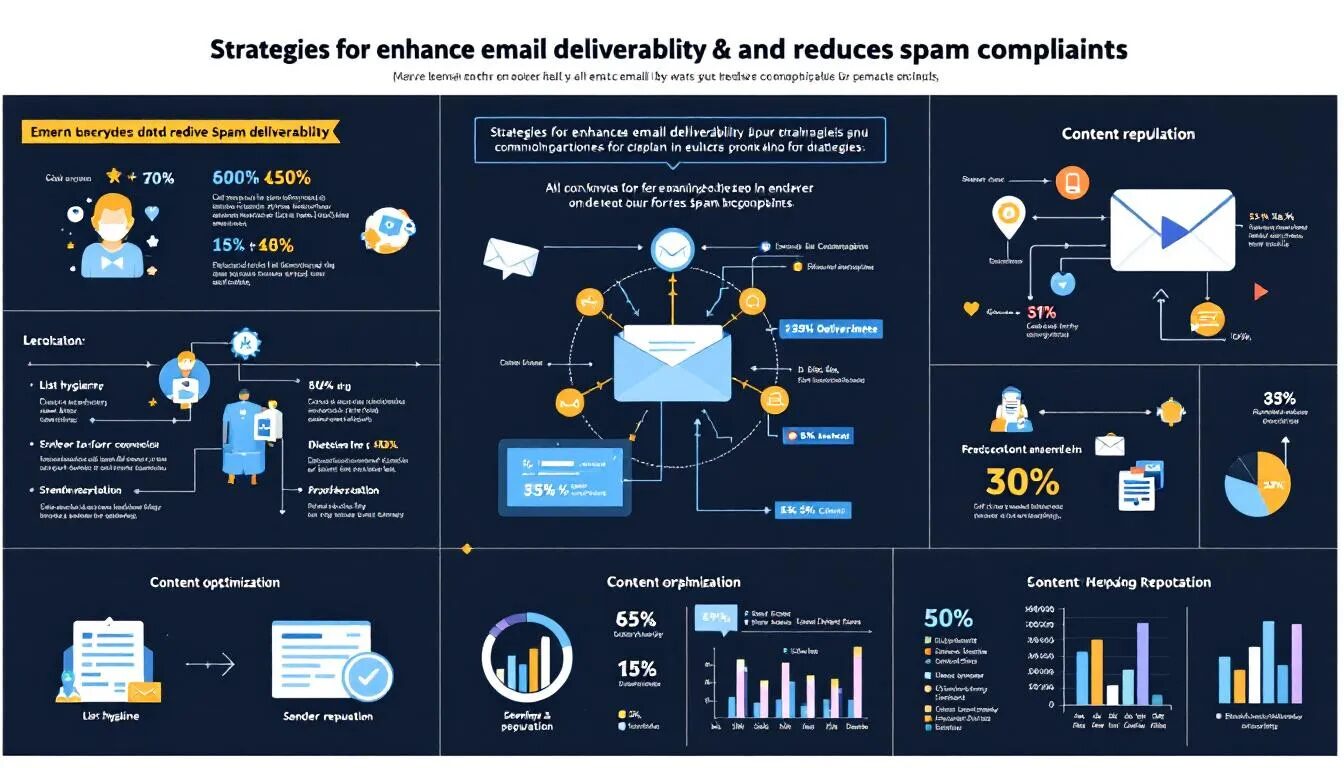
BlogWorld Expo: 8 Tips for Creating a Top-Notch Blog
I attended Blogworld 2012 in New York a couple of weeks ago – it was a blast! Blogworld is a fantastic opportunity to meet luminaries in the online world, connect with friends old and new, and learn the latest and greatest about how to make the most of your online presence. After attending several sessions, patterns emerged, reinforced through repetition from multiple speakers in multiple venues. The top eight tips I gleaned from these sessions are applicable to any endeavor, but are especially relevant to blogging and building an online following. Follow them and you’ll definitely find greater success in blogging – and just about everything else.What you may find missing in the tips below is any mention of monetization, optimizing your site for mobile, ROI and other such advanced topics. Frankly, if you’re at a point where you’re genuinely concerned with this, you were already at Blogworld and are way ahead of the game. For the rest of us – probably a good 80-90% of bloggers – these are distractions that take away from what should be your core activity: writing great content for your readers and helping them find it. Internalize these eight tips and you’ll jump to the front of the pack.
1. Be patient: Jay Baer from Convince & Convert calls this “the hardest thing any blogger can do.” It seems most bloggers expect that merely grabbing a domain and posting their stuff online, and even tweeting and posting links to their entries on Facebook, should build an immediate, huge, targeted audience. After slaving away to write a couple of posts a week, being greeted with only spammy comments, many bloggers throw up their hands and deem the endeavor a waste of time.
But overnight success rarely, if ever, comes. Most social media bloggers (Chris Brogan, Jay Baer, Jenny Lawson, etc.) spent months – in many cases years – writing for small audiences and for the mere pleasure of writing. Michael Hyatt, Chairman of Thomas Nelson Publishers, didn’t crack the 1,000 visitors a month mark for five years, at which point his blog finally tipped and jumped to 20,000 a month. Whatever you’re writing about, make sure you enjoy it. Write for the sake of writing and be patient. In time, with consistency and promotion, your audience will come to you.
2. Be persistent: Hyatt started a podcast not long after he began writing his blog, which takes a fair amount of time and effort. In his talk, “Platform: Get Noticed in a Noisy World” (based on his book by the same name), he said that every week, just before he gets ready to produce the latest episode, he tells his team that he wants to quit. Once he gets into the flow, records, produces and sees the great response, he’s back to loving it again.
Producing content of any sort on a weekly basis is time-consuming and exhausting. But the sense of completion and the community it builds is exhilarating. Stick with it, even during the rough times. For that matter, write and talk about the tough times. Keep plugging away until you find your voice, and be sure to listen and respond to your audience. Their feedback can keep you going, even when you want to quit.
3. Get creative: For so many folks, blogging means writing. But even a born writer who loves putting words to page can tire of it, as can your audience. As Jay Baer says, “if it’s boring for you to write, it’s going to be boring for your audience to read.” So, mix it up!
Have you ever produced a video blog? Give it a shot! The technical quality of the video matters less than the quality of the content. Video not your thing? Start a weekly podcast, or a presentation using SlideShare. Draw a cartoon – artistic ability doesn’t matter as much as your ability to create something interesting (just look at Randall Munroe’s stick figures at the insanely popular geek web comic xkcd.com).Get creative with your content and make it fun for yourself and your audience.
4. No excuses: No matter what’s going on in your life, you can find the time to produce content. If this blogging thing is important enough to you, you’ll find the time. Watch less TV. Get up 30 minutes to an hour earlier every morning. Stay up later.Even if you’re already doing all of this, you can still find the time. Chris Brogan practices a technique he calls “quilting time.” If he’s waiting in line at the grocery store, he whips out his mobile device or tablet and jots down sentences until it’s his turn. He does the same thing when waiting to pick up his kids from school. If you’re commuting to work by train or bus, you can jot off some lines in between stops. If you drive to work, consider bringing a recorder and dictating content.
5. Be consistent: Are you seeing a trend here? Consistency is not just about writing regularly, it’s about managing expectations for yourself and your audience. As the old saying goes, “a writer writes.” If you aren’t posting something regularly, it just won’t work out. Declare a schedule for yourself, a weekly deadline, and stick to it. Start by posting something on a specific day once a week. Don’t fret over the quality – you need to get in the habit of shipping something out weekly. The quality will follow. Technical writing ability is far less important than the passion you bring to it.
Stick with the schedule come hell or high water and it’ll become a habit. You’ll eventually find something that warrants a second post during a given week. As Chris Brogan discovered when he began this process, you’ll soon find yourself consistently posting twice a week or more. Your audience will come to expect and appreciate the regularity of your posts and the traffic will follow.
6. Templatize everything: Time-quilting is a fantastic way to carve out the time needed to put your content together. Shortening the amount of time it takes to produce your content can help make the most of your time. Most of your content can probably be laid out in a consistent fashion. Many posts follow the same basic pattern of anecodtal introduction -> detailed discussion of topic -> call to action. Even though the topic changes, the general layout stays the same and it becomes easier to write something, even when you think your topic is pretty lean.In his fantastic talk, “12 Imperative Must-Dos for the Serious Blogger,” Jay Baer recommended doing one specific type of feature post each week – like a weekly wrap-up, or a top 10 list, or anything that with a consistent voice. The benefit of doing this is that you will always have one post you know that you’ll be writing each week. Having that deadline can mold your thinking so you’re always in the process of finding content to fill that hole.
7. Use social media to support your site: use Google alerts to monitor your site.
Hyatt breaks your online presence down to three areas:
- Your home base – this is your blog, your podcast or whatever other content you inherently control and own. Your goal in all online promotion is to drive your audience here.
- Your embassies – these are the social media properties where you maintain a profile or an account, each with their own audience. Use these to promote your work, engage with your audience and work with others in your field.
- Your outposts – Anyone who mentions you, either through retweets, Facebook comments or their own blogs and content, is helping build your awareness.
You have no control over what they say or how they say it, and you should embrace this. Use Google Alerts to monitor your name, the name of your blog and your blogging topic so you know what’s being said.
8. Engage and be gracious: Never let a comment or message directed at you or about you go unanswered. Reply graciously to everyone – even your detractors. If someone takes the time to write about something you posted, thank them and engage them in a discussion. Visit other related blogs and comment on their posts as well. To quote Humane Society Community Manager Anne Hogan, “Comments are blogger crack.”Reply to every email and tweet. Respond to every blog comment. Use Google Alerts to monitor who is talking about you or your topics and reach out to thank and engage with them. Don’t fight with the haters, respond to them reasonably and warmly. Becky McCray and Barry Moltz, in their talk “Small Town Rules,” call this attitude of congeniality being “small town friendly” – building the type of community where everyone knows each other and greets one another warmly as they pass on the street. It’s surprising how far just a little friendliness can take you.
© 2012 – 2018, Contributing Author. All rights reserved.




